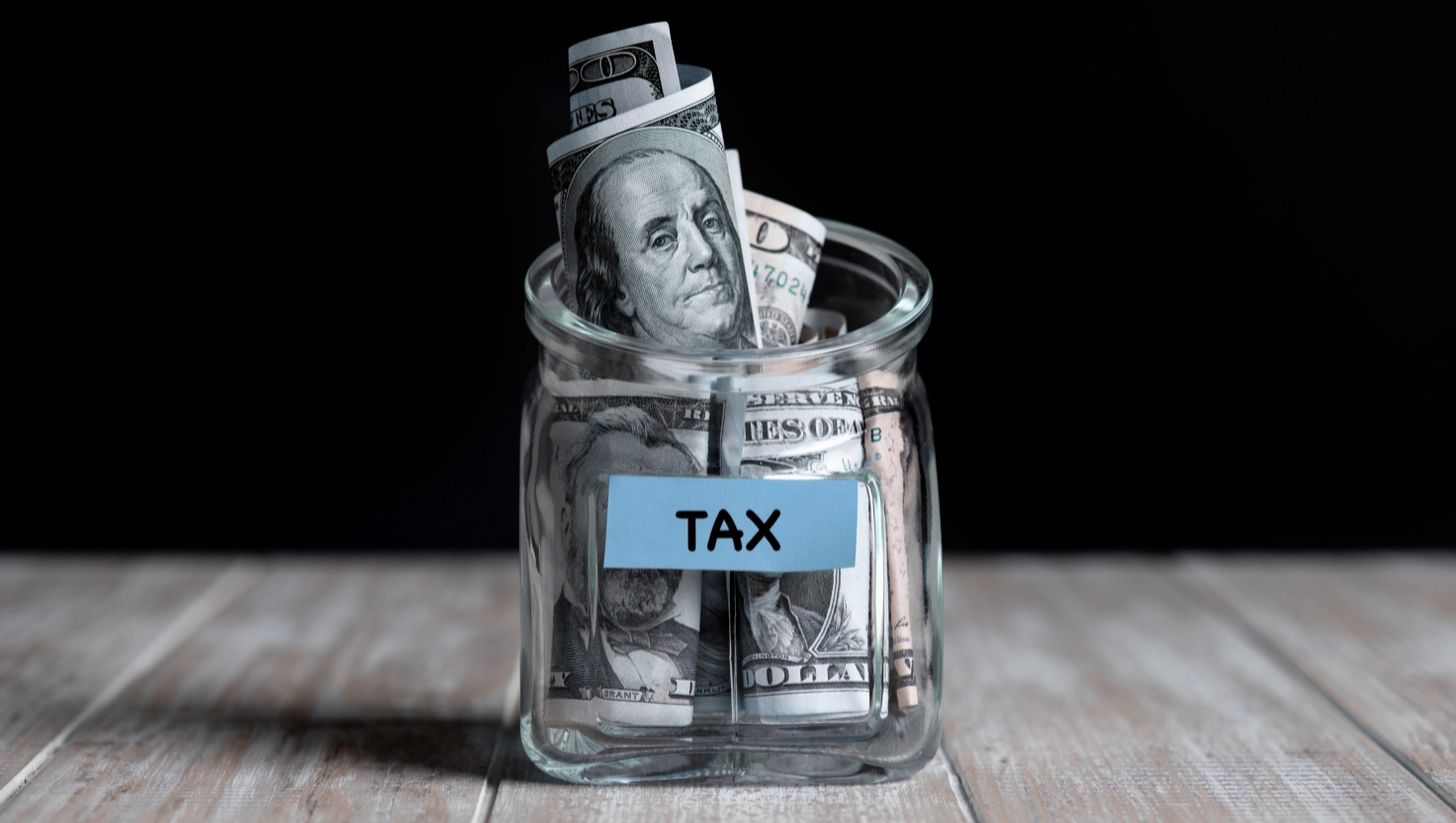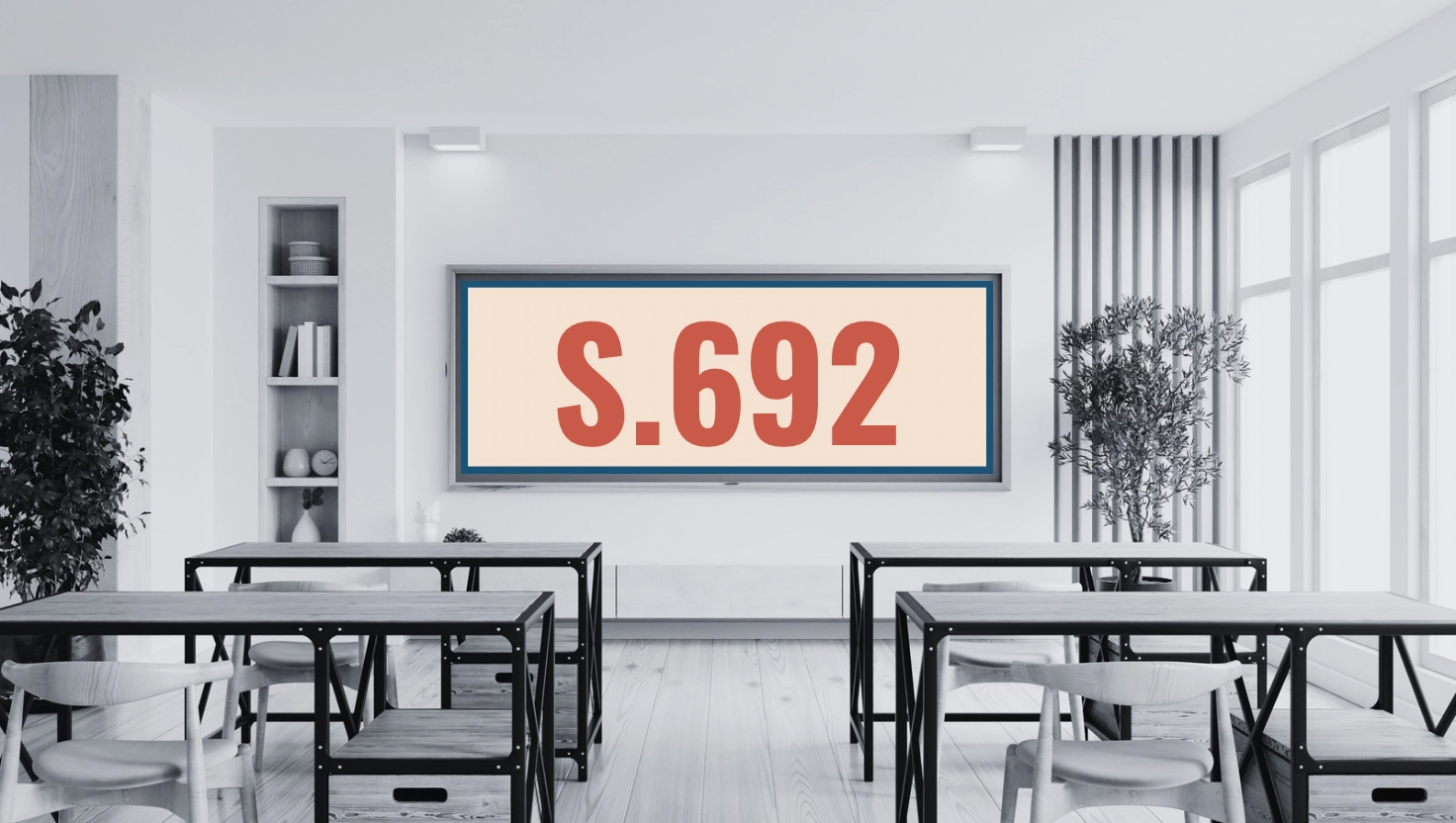Have you heard the BIG NEWS? Our Governor and legislators made a big announcement (3/25/25) Tuesday morning that they will be introducing a bill that will "slash" income tax. So our first thought was YES! Then we paused… and came back to reality. We know better. Never celebrate until you’ve read the bill.
Just wait until you see the final version — after the amendments.
So we went hunting through the House's pile of newly introduced bills, and there it was. We read it.
We still can’t believe legislators are filing more bills. We must be close to 2,000 — and they’re not done yet. Oh, remember, there is no crossover date, so all these bills filed can pass anytime during the two-year session.
Back to the state income tax cut bill. It's bill H.4216 and to our surprise, it was not a big bill. That probably means it'll get worse — and longer.
Let’s walk through it, section by section.
SECTION 1
This is the headline grabber. It replaces South Carolina’s current progressive income tax system with a flat tax of 3.99 percent (or, let’s be honest, 4%).
Everyone will pay the same flat 3.99% rate on their taxable income. Well, that is equitable.
So if you currently don’t pay state income tax, you might start — depending on your income and how much of the new deduction you qualify for.
It also outlines how the rate could drop over time to 2.49 percent starting in 2027, but only if the state's income tax revenue goes up by five percent year-over-year. The Board of Economic Advisors decides if that benchmark is hit. If not, the rate stays where it is.
The long-term drop to 2.49%? Don’t count on it. That only happens if income tax revenue grows by 5% year-over-year.
But state analysts are already warning that income growth is slowing. Sure, South Carolina has a $1.4 billion rainy day fund now, but that won’t last forever. If revenue doesn’t keep up, we could be stuck at 3.99% while still paying more.
SECTION 2
“Section 12-6-50 of the S.C. Code is amended by adding: (21) Section 63(b) through (g) relating to standard deductions and the itemized deduction.”
This means South Carolina would stop using the federal standard and itemized deductions.
Under the federal system, taxpayers can choose to take the standard deduction or itemize their deductions — whichever gives them the greater tax benefit.
That federal provision for itemized deductions? It includes things like:
• Charitable contributions
• Medical expenses
• Mortgage interest
• Property taxes
• And more
So unless lawmakers add something back in, those deductions disappear from your state tax return.
No more piggybacking on federal deductions. South Carolina now wants its own deduction system (SCID).
(Although breaking from the federal tax code might be the right move, it only matters if this tax cut included the goal of actually shrinking government.)
The simplest way to understand this is as a two-step process:
First, you calculate Adjusted Gross Income (AGI) by subtracting certain above-the-line expenses (like retirement contributions or student loan interest) from your total income.
Then, you calculate Federal Taxable Income by subtracting either the standard deduction or itemized deductions from your AGI.
The bill, instead, would skip that second step entirely. It starts with your AGI and applies a new state-level deduction (SCIAD) — which is smaller than the federal standard deduction and phases out at higher income levels.
H.4216 proposes to create its own deduction system (SCIAD).
That brings us to the next section.
SECTION 3
This section introduces the South Carolina Income Adjusted Deduction (SCIAD) as the state’s version of a personal deduction, replacing the federal ones they just ditched. Here's how it works:
$6,000 for single or married filing separately
$9,000 for head of household
$12,000 for married filing jointly or surviving spouse
But these deductions phase out as your income rises.
SCIAD gets smaller as your income goes up. If you're single or married filing separately, it starts to shrink once you make $30,000 and goes away completely at $40,000. For head of household, it phases out between $45,000 and $60,000. If you're married filing jointly or a surviving spouse, it starts fading at $60,000 and ends at $80,000. The closer you are to the top of your range, the smaller your deduction will be.
SECTION 4 and 5
This section deals with changes in who has to file and adjusts how nonresidents are taxed. The filing threshold now depends on your SCIAD amount and any retirement deduction you qualify for. If you’re a nonresident, your deduction gets scaled down based on how much of your income was earned in South Carolina.
Meanwhile, around 44 percent of South Carolina tax filers currently pay no state income tax under the current progressive system. That's largely because of the lower brackets and generous standard deductions. This bill risks pulling many of them into the taxpaying pool by removing those protections.
And about that 2027 promise to lower the rate to 2.49 percent — it’s not automatic. The drop only happens if income tax revenue rises by 5 percent. But if the state’s lowering tax rates, shrinking deductions, and increasing spending, where exactly is that growth supposed to come from? You might just get stuck at 3.99 percent… paying more than before.
The Big Picture
This bill shifts who pays. It creates its own deductions. It uses a higher income base.
What do you think, South Carolinians?
Does this bill look like a tax cut to you?
Will our General Assembly dilute H.4216 with all their amendments once it goes through the legislative sausage-making process?
We’d love your take. Drop a comment, share your thoughts, or tell us how this hits your family’s bottom line.
Disclaimer: The views expressed in this article are those of the author and do not constitute legal or professional advice. ConservaTruth assumes no liability for any actions taken based on this content. Read more.

Subscribe to ConservaTruth's Email Newsletter for curated insights on South Carolina's legislative activities and conservative viewpoints, delivered straight to your inbox! With vetted and easy-to-understand information, our newsletter empowers you to become an informed and engaged citizen, actively participating in safeguarding our cherished Constitutional values. Don’t miss out on crucial updates—join our community of informed conservatives today.





Comments